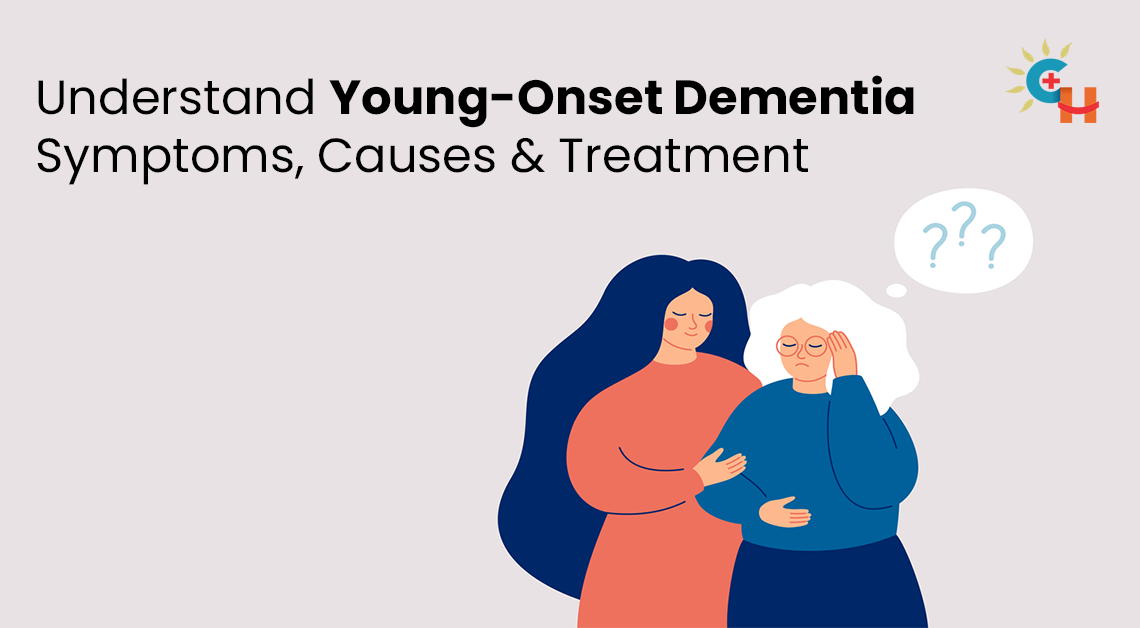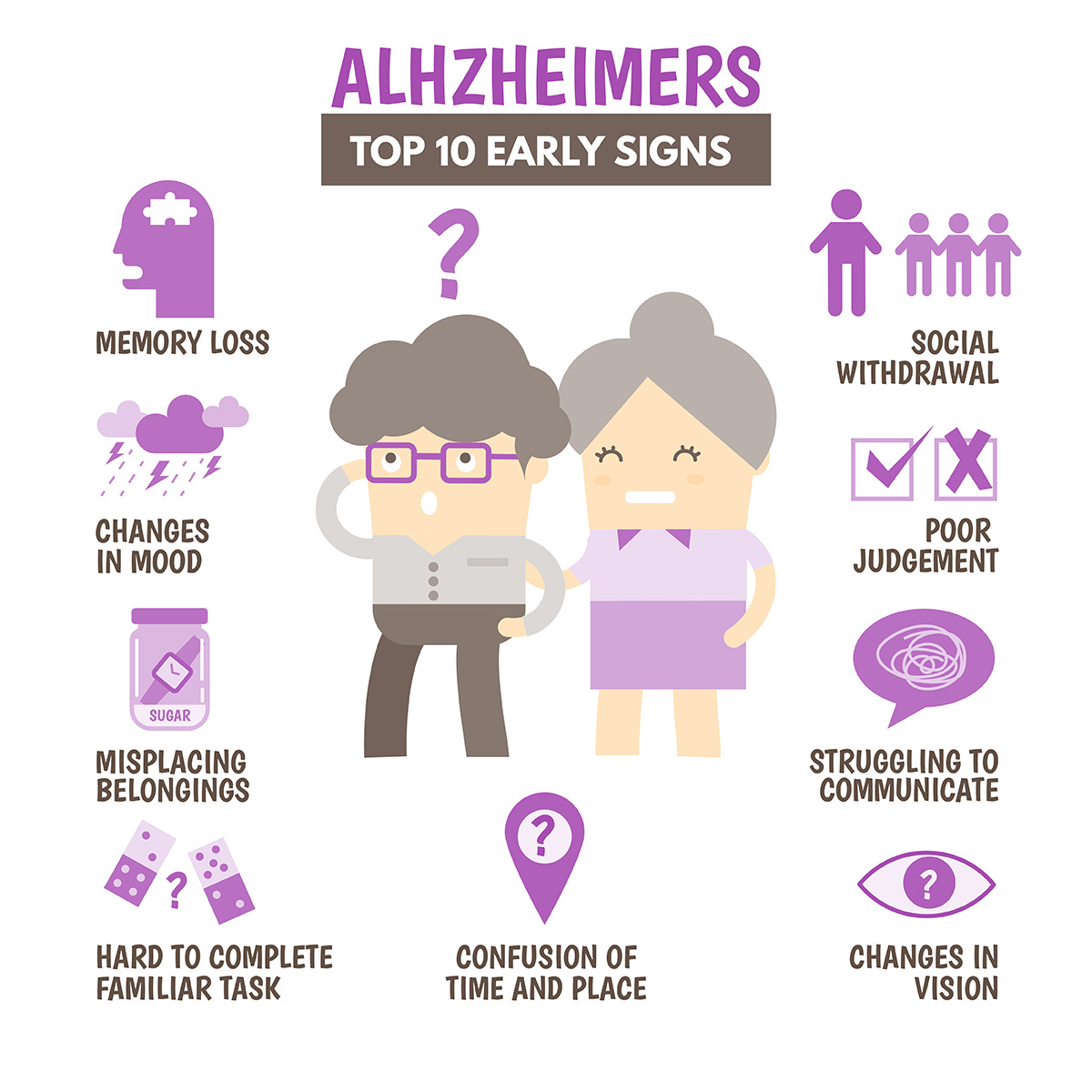Coping Strategies for Families Facing Frontotemporal Dementia
Coping Strategies for Families Facing Frontotemporal Dementia
Blog Article
Understanding the Effect of Dementia on Day-to-day Live and Caregiving
Mental deterioration affects everyday life in extensive ways, influencing not just those identified yet also their caretakers. As cognitive decrease advances, you could discover adjustments in communication and regular that challenge both celebrations.
The Phases of Mental Deterioration and Their Effects on Life
As you browse the journey of dementia, comprehending its phases can considerably affect just how you manage everyday life. Mental deterioration generally progresses with 3 primary phases: early, center, and late.
Throughout the middle phase, you'll experience extra visible cognitive decline. Daily jobs might come to be tough, and keeping your self-reliance may require adjustments. Making use of suggestions and streamlining your atmosphere can help.
In the late stage, people frequently need significant assistance with day-to-day tasks. Preparation for treatment comes to be important, focusing on convenience and top quality of life. By understanding these stages, you're better equipped to respond proactively, ensuring you or your loved one can navigate the challenges with self-respect and grace.

Changes in Communication and Social Interaction
Just how do adjustments in interaction influence your everyday communications as mental deterioration advances? As dementia advancements, you might see that straightforward discussions end up being challenging.
You may locate it less complicated to attach with these methods rather than depending exclusively on spoken language. Listening skills can also transform; you could find it more difficult to keep in mind or comply with conversations what was just said (Early Onset Dementia). This can bring about misconceptions or feelings of seclusion
Motivating patience and creating a helpful environment can aid. Engaging in tasks that foster connection, like songs or art, can boost social interactions. Keep in mind, keeping relationships is still possible; it's simply around adapting to new methods of connecting.
Influence On Daily Routines and Activities
While navigating everyday routines, you'll likely discover that tasks you once completed effortlessly become more challenging as dementia progresses. You might find on your own neglecting steps in acquainted regimens or having a hard time to recall where you positioned things.
Preparation your day can really feel overwhelming, making it more challenging to stay with a routine. You may need reminders for appointments or to take drugs. Adjusting your environment can aid; as an example, identifying products or using lists can streamline tasks. Taking part in recurring, organized activities can also provide convenience and a feeling of achievement. Remember, it's all right to request help. Surrounding on your own with helpful close friends or household can make handling these changes a little bit less complicated.
Behavior and psychological Difficulties
Guiding through day-to-day routines can produce not just sensible difficulties, yet behavior and also psychological ones. You might see modifications in state of mind, such as boosted anxiety or disappointment, which can stem from complication or problem in finishing tasks. As you navigate these minutes, it is important to identify that your loved one may share their feelings via behaviors like frustration or withdrawal.
These emotional actions can be unpredictable and may emerge without warning, leaving you both sensation overwhelmed. You may find that acquainted environments or regimens can assist decrease anxiety, yet preserving perseverance becomes substantial. It is essential to confirm their sensations, even if you do not totally comprehend them.
The Duty of Caregivers in Sustaining Individuals With Dementia
As a caregiver, you play an important duty in offering emotional assistance for individuals with mental deterioration. Establishing daily care regimens can develop a feeling of security and comfort, helping to reduce their stress and anxiety. By understanding their needs and using reliable techniques, you can considerably enhance their top quality of life.
Emotional Support Techniques
When caring for somebody with dementia, understanding the psychological landscape is necessary for offering effective support. Straightforward gestures, like holding their hand or keeping eye get in touch with, can create a feeling of safety and security. Ultimately, don't forget to take treatment of your own psychological needs; seeking assistance for yourself can enhance your capability to care for them.
Daily Care Routines
Developing day-to-day care regimens is necessary for offering security and comfort to individuals with mental deterioration, as these routines can aid decrease confusion and stress and anxiety. You can begin by detailing a consistent timetable for dishes, tasks, and rest. This predictability assists your liked one feel more secure and involved.
Integrate acquainted jobs, like folding laundry or watering plants, which can stimulate favorable memories and foster a feeling of accomplishment. Use aesthetic hints, such as lists or calendars, to lead them with the day.
Be flexible, though; adjust regimens as needed based on their state of mind or energy degrees. Fall Risk. Bear in mind, your persistence and understanding are vital in steering their altering demands, ensuring they feel sustained and valued throughout their daily life
Producing a Safe and Comfy Living Environment
Creating a risk-free and comfy living environment is necessary for individuals with dementia. You'll intend to make home security modifications that decrease threats and assure knowledge to provide a sense of convenience. By focusing on these facets, you can aid develop a room that supports both security and wellness.
Home Safety Modifications
As you navigate the obstacles of mental deterioration, making home safety and security adjustments can considerably improve comfort and safety and security. Start by getting rid of tripping threats like carpets and clutter, guaranteeing walkways are clear. Install grab bars in bathrooms and non-slip mats in the shower to stop falls. Think about utilizing brighter lighting and evening lights to enhance exposure, especially throughout nighttime. Label essential areas, such as the bathroom and kitchen, with clear indicators to assist with orientation. Safeguard any type of sharp objects or toxic compounds unreachable. In addition, evaluate your home's locks and alarm systems to verify they're straightforward and offer assurance. These adjustments not only advertise safety yet additionally motivate freedom, enabling your loved one to really feel even more at simplicity in their environment.
Convenience and Familiarity
After making sure a secure environment with needed alterations, fostering comfort and experience is vital for people with mental deterioration. Start by customizing their room. Use familiar visite site shades, designs, and photos that stimulate satisfied memories. A favorite blanket or chair can offer a feeling of protection. Keep a consistent routine to help them feel grounded and decrease anxiety. Easy, familiar meals can likewise develop a calming ambience. Keep pathways clear and clutter-free to prevent confusion. my blog Integrate soft lighting, as bright lights can be disorienting. Consider adding relaxing scents, like lavender, to promote leisure. Involving in acquainted activities, such as listening to music or gardening, can improve their sense of belonging, making their living atmosphere a true haven.
Approaches for Efficient Caregiving and Support
While steering the difficulties of dementia treatment can feel overwhelming, implementing reliable methods can considerably improve both the caretaker's and the individual's everyday experience. Begin by developing a regimen; predictability helps in reducing anxiousness for both you and your enjoyed one. Usage clear, basic interaction-- short sentences and straight concerns can prevent confusion.

Don't fail to remember to look after on your own; routine breaks and get in touch with assistance teams. Sharing experiences with others in comparable scenarios can supply important insights and psychological alleviation.
Finally, remain patient and adaptable. Mental deterioration can bring unforeseeable modifications, so adapting your approach is essential. By employing these techniques, you can foster a more favorable setting that benefits both you and your liked one.
Frequently Asked Questions

What Are the Various Kinds of Dementia?
You'll discover a number of types of mental deterioration, consisting of Alzheimer's, vascular dementia, Lewy body mental deterioration, and frontotemporal mental deterioration. Each kind affects memory and cognitive function in different ways, so recognizing the differences is you can try here vital for appropriate medical diagnosis and treatment.
Just How Can I Aid Someone With Early-Stage Mental Deterioration?
You can aid somebody with early-stage dementia by holding your horses, providing support, and encouraging them to participate in tasks they delight in. Keeping regimens regular and preserving open communication can additionally make a significant distinction in their life.
Are There Financial Resources Available for Dementia Treatment?
Yes, there are funds available for mental deterioration treatment. You can discover government help programs, nonprofit companies, and insurance alternatives. It's also sensible to get in touch with regional agencies for details resources customized to your circumstance.
What Legal Factors To Consider Should Caregivers Understand?
As a caregiver, you must think about power of attorney, health care proxies, and guardianship laws. It's necessary to recognize the legal civil liberties and obligations you hold, guaranteeing your liked one receives proper care and security.
Just How Can I Cope With Caretaker Stress?
You can handle caretaker stress by focusing on self-care, looking for support from good friends or groups, setting realistic assumptions, taking breaks, and practicing relaxation strategies. Keep in mind, your wellness matters equally as high as the person you're caring for.
Recognizing the Effect of Mental Deterioration on Daily Life and Caregiving.
As you navigate the trip of dementia, understanding its phases can significantly influence how you take care of daily life.While steering daily regimens, you'll likely see that tasks you when completed effortlessly come to be much more tough as dementia proceeds.Developing day-to-day care routines is essential for supplying security and comfort to people with mental deterioration, as these routines can help decrease confusion and anxiousness.While steering the challenges of dementia care can really feel frustrating, executing reliable techniques can considerably boost both the caretaker's and the individual's everyday experience.
Report this page